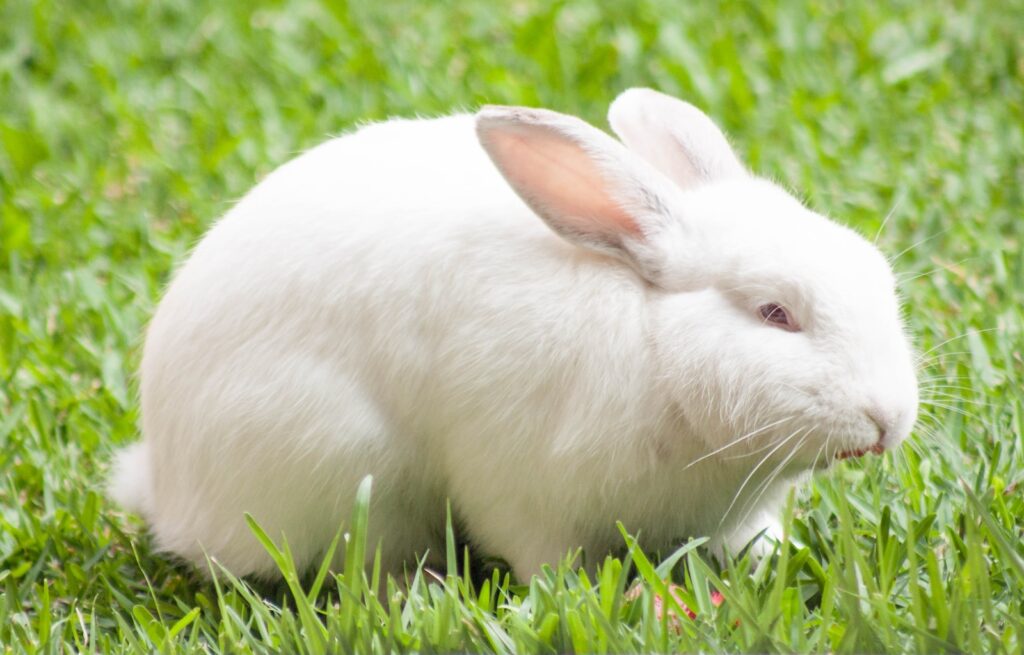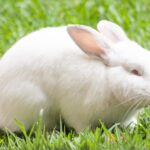Is Bread Safe for Rabbits? — No, It’s Not
As a responsible pet owner, it’s crucial to carefully consider the diet and health of your rabbits. While bread may seem harmless and tempting to share with your fluffy companions, it’s important to understand that it is not an ideal food choice for rabbits.
Risks of Feeding Bread to Rabbits
Bread poses several risks and health concerns for rabbits, making it unsuitable for their consumption. Firstly, bread is high in carbohydrates, which can lead to obesity in rabbits. These little herbivores have specific dietary needs, and consuming too many carbohydrates can disrupt their delicate digestive system, potentially resulting in bloating, constipation, or diarrhea.
Moreover, bread lacks essential nutrients that rabbits require for a balanced diet. It is low in fiber, which is crucial for maintaining a healthy gastrointestinal tract and preventing dental issues. Rabbits need a diet rich in fiber to ensure proper digestion and to keep their teeth properly worn down.
What Happens if Rabbits Consume Bread?
If rabbits consume bread, they may experience various adverse symptoms and reactions. The high carbohydrate content in bread could lead to weight gain, causing obesity and putting additional strain on their joints and overall health.
Furthermore, rabbits have a sensitive digestive system that is optimized for a high-fiber, plant-based diet. Introducing bread into their diet can disrupt their gut flora, causing digestive problems such as bloating, gas, stomach pain, and diarrhea. These issues can be uncomfortable, distressing, and potentially even life-threatening for rabbits.
Safe Alternatives to Bread for Rabbits
While bread is not safe for rabbits to consume, there are plenty of alternative food options that you can provide to keep your furry friends happy and healthy. Here are some safe alternatives:
- Leafy greens: Offer a variety of fresh and washed leafy greens such as kale, spinach, and romaine lettuce. These provide essential nutrients and are low in calories.
- Hay and grass: The majority of a rabbit’s diet should consist of high-quality hay and fresh grass. They promote dental health and provide crucial fiber.
- Vegetables: Carrots, bell peppers, and cucumbers can be given in moderation as occasional treats.
- Herbs: Parsley, cilantro, and basil can be added to their diet for added variety and flavor.
Preventive Measures: Keeping Bread Away from Rabbits
To ensure the well-being of your rabbits, it’s important to take preventive measures to keep bread out of their reach:
- Store bread securely: Keep bread in sealed containers or cabinets that are inaccessible to your rabbits.
- Educate family members: Make sure everyone in your household understands the risks of feeding bread to rabbits and the importance of not offering it to them.
- Inform guests: If you have visitors, kindly request that they refrain from offering bread to your rabbits.
- Provide appropriate alternatives: Supply your rabbits with a variety of safe, rabbit-friendly foods to prevent them from becoming tempted by bread.
Conclusion
In conclusion, rabbits should not be fed bread due to its high carbohydrate content, lack of essential nutrients, and potential digestive issues. It’s crucial to prioritize your rabbits’ health and well-being by offering them a diet rich in fiber, leafy greens, hay, and other appropriate alternatives. By keeping bread away from your rabbits and providing them with a nutritious diet, you promote their overall health and ensure they lead happy, hoppy lives.





